Why math hints matter–and how AI can help
eSchool News
JUNE 26, 2025
That’s what’s motivating. “I In the eighth grade, he started working on a math program that uses AI to provide just-in-time feedback and contextual hints. Math anxiety can stem from a variety of factors, such as fear of failure, gaps in prior knowledge, negative feedback, or societal stereotypes. I almost did it!



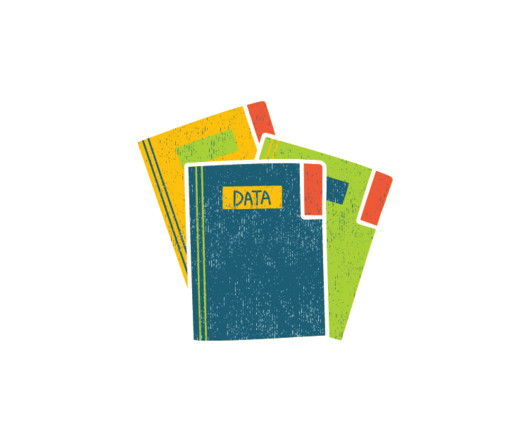
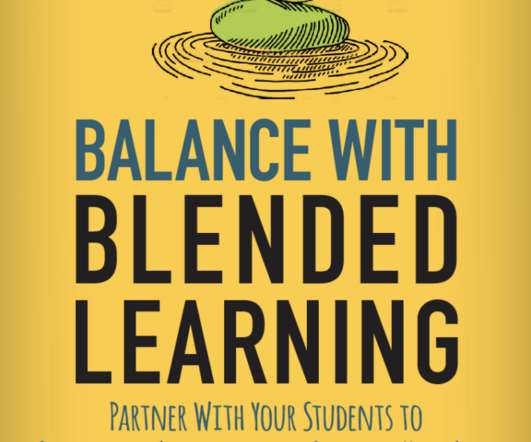
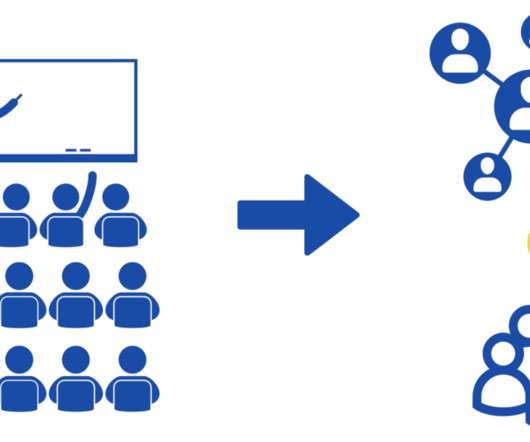
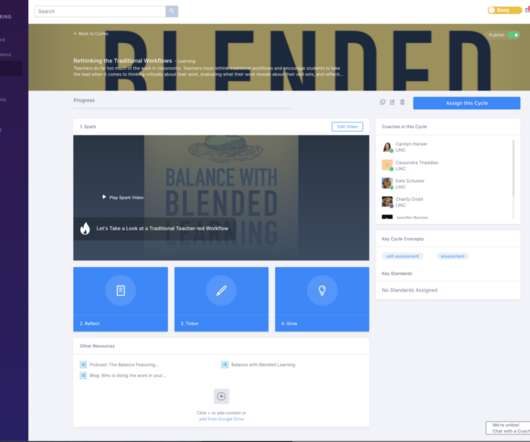
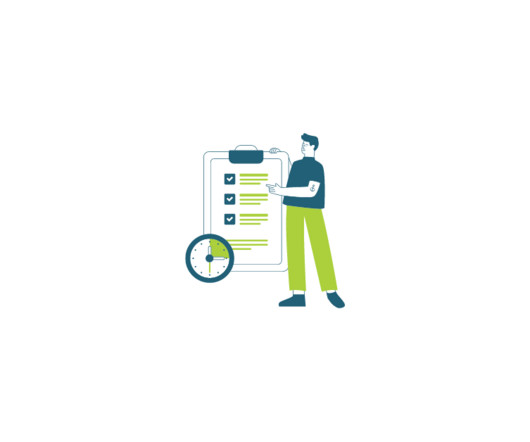










Let's personalize your content